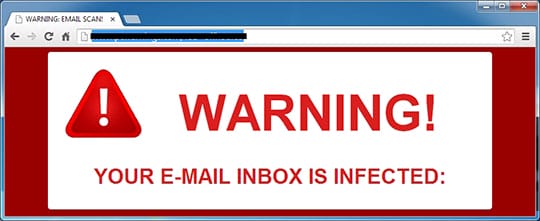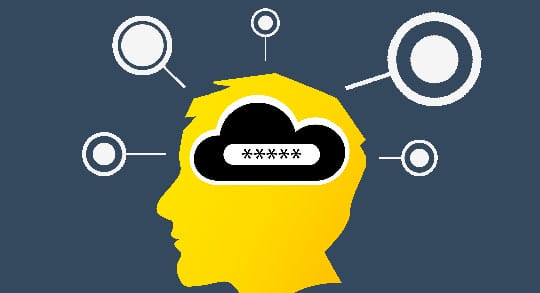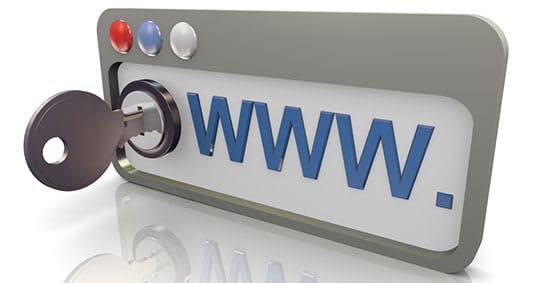Email may be your primary method for communication throughout your businesses. So Email security should not be a topic that’s taken too lightly. IT professionals know the damage of what hackers and malware can cause, but everyday users are often unaware of the security threats the internet holds within. To defend yourself from this kind of breaches, it’s important that you know and understand what steps are required to secure your email accounts. Here are 10 tips you can follow:
1. Create Unique Passwords:

Create unique passwords and not just obvious ones- “abcdef…” or “12345”. Mix your password using both letters and number or even characters. One of the best tricks is to use ancient Latin, Hebrew or Greek words to make your password seem secure. I personally use that; now that I have disclosed my secret don’t try to hack my email account.
2. Share Your Email Only In Trusted Sites:

Many phishing scam sites have dexterously disguised themselves to look like legit ones. Some antivirus software provides this service of showing the “degree of safety” a site processes. Avoid all sites which show low degrees of safety no matter how appealing they look.
3. Restrain Yourself from Entering Personal Information into a Pop-up Screen:

How often this has occurred to us- we click to download something and then a pop-up screen appears out of nowhere asking us to register under them to receive some putative “gifts” or “limited offers”. Be diligent, do not be deceived!
4. Maintain More Than One Email:

With all the comprehensive services coming from the antivirus software, the utmost security service can’t still be ensured. The best way is to have backup email addresses so that if you are victimized you can still get away from tearing your hair.
5. Avoid Opening up Attachments from Unknown Sources:

Unwanted emails show up every now containing attachment. Before opening up the attachments be cautious and ponder over the sender- whether you know this sender or whether there was any reason to contact you. Read the email carefully and try to detect whether there is any loophole. Hackers, these days have in deed become smart- they can even dress up as your relative. Couple of years ago, my father got an email and the sender had the name of my uncle. The sender requested us to open up the file attached in the email containing his bank account details and wanted us to transfer $10,000 under that account as he has experienced a “fatal injury” from an accident. My father was wise enough to delete the email without any second thoughts.
6. Avoid Spam Emails at All Degrees:

Spams keep compiling at our spam box from unknown sources and the best thing to do is to delete them all without any hesitation. Furthermore, never ever reply to any spam emails.
7. Make up A Complex Email Address:

This is a wise option to some extent as it ensures safety from hackers. But don’t make up such an email id that you yourself forget it eventually.
8. Install Reliable Antivirus Software with Internet Security:

A lot of us indeed use this antivirus software ensuring better security when it comes to working online. However, you need to look into the reliability of the software you are intending to use. If you are hosting your own mail server, you can also consider using third party email security providers. There are a number of McAfee alternative email security providers, who offers mail filtering and blocks incoming threats on the go.
9. Avoid Using Public Wi-Fi:

Many marketplaces now offer public Wi-Fi access providing free Internet access to its customers. It’s wise not to make use of this facility because hackers can easily slip into your mobile phone or tablet. Couple of months ago a friend of my suddenly got an email at the shopping mall saying- “Hello Beautiful! Want to meet me, I am nearby” So yeah, we certainly would want to abstain ourselves from such baseless vexations.





